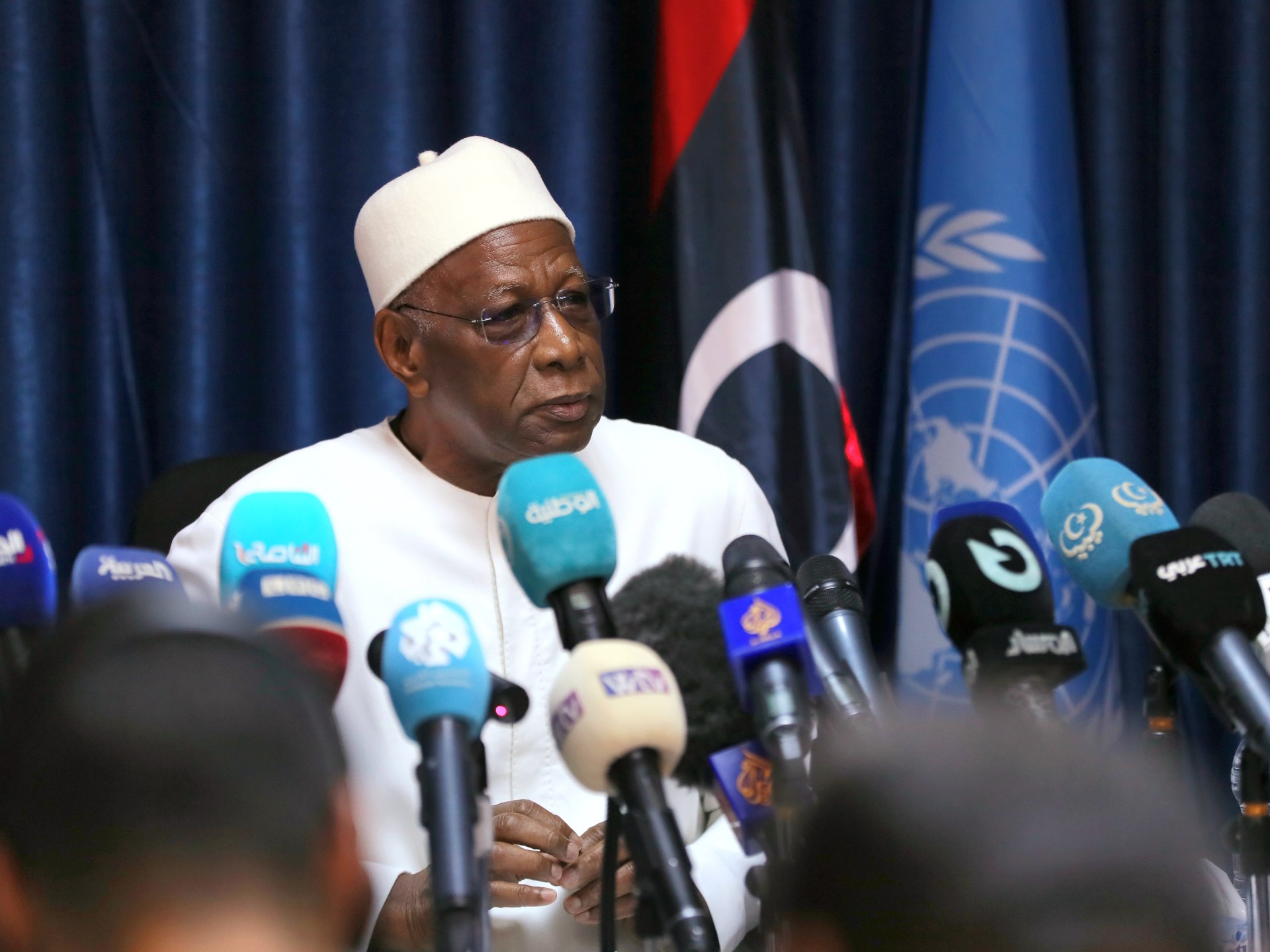The head of the United Nations Support Mission in Libya, Abdullah Batili, said that a road map for the elections could be drawn up by mid-June.
This came during a press conference at the headquarters of the UN mission in the Libyan capital, Tripoli, to talk about his initiative that he presented to the UN Security Council, which provides for the establishment of a steering committee whose task is to develop the constitutional and legal framework with the aim of holding parliamentary and presidential elections.
Batelli said, at the press conference, that a high-level dialogue is necessary between the security authorities in order to reach an agreement to ensure the security of the elections, and the freedom of movement of candidates must be guaranteed during the electoral campaign in all regions of Libya, in addition to the need for candidates to agree on a code of good conduct.
Batelli added that giving the Libyan people the opportunity to choose their leaders through elections will lead to peace and prosperity, and that elections are necessary to rebuild state institutions.
He made it clear that he had asked the external parties to support the efforts of the United Nations regarding the Libyan-Libyan dialogue, to end the current impasse.
He said that the proposed initiative aims to bring together the Libyan parties and overcome the state of stagnation, and that the elections are necessary to restore the legitimacy that represents the Libyan people.
He added that he would ask the Libyan parties to negotiate directly or through their representatives through a high-level committee, and that the 5 + 5 committee would conduct security dialogues to prepare the atmosphere for the presidential elections.
He stressed that the competition between the candidates according to their programs will constitute a milestone for national reconciliation and unity in Libya.
He pointed out that the holding of elections should not be in the hands of the High Council of State and the House of Representatives alone, and that the postponement of the elections was a disappointment to the Libyans, and the political leaders had to reach a solution that would allow them to be held.
And he considered that the political bodies currently present in Libya are the cause of the crisis, warning that prolonging the temporary situation and not holding elections will undermine security and peace and threaten the unity of the country.
Earlier, the UN envoy to Libya, Abdullah Batili, launched an initiative "aimed at enabling the holding of presidential and legislative elections during the year 2023," after he considered that both the House of Representatives and the State House had not succeeded "in agreeing on a constitutional basis for elections."
Batelli announced, during his briefing to the Security Council, on February 27, his intention to "establish a high-level steering committee for the elections."
He explained that the proposed mechanism would work to "bring together the various Libyan parties concerned, including representatives of political institutions, prominent political figures, tribal leaders, civil society organizations, security actors, and representatives of women and youth."
Internal and external reactions to the initiative of the UN envoy, Abdullah Batili, to organize elections in Libya varied. While the United States, Britain, France, Germany and Italy supported it, the Presidential Council and the unity government welcomed it, while the House of Representatives explicitly opposed it, and the Supreme Council of State was divided over it.

